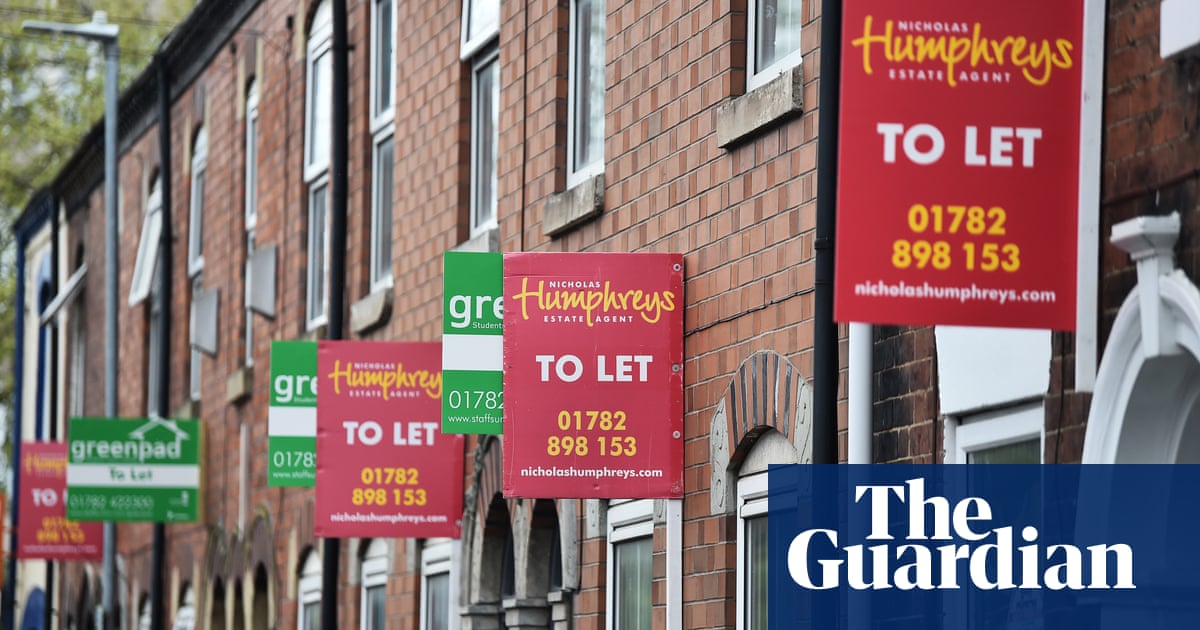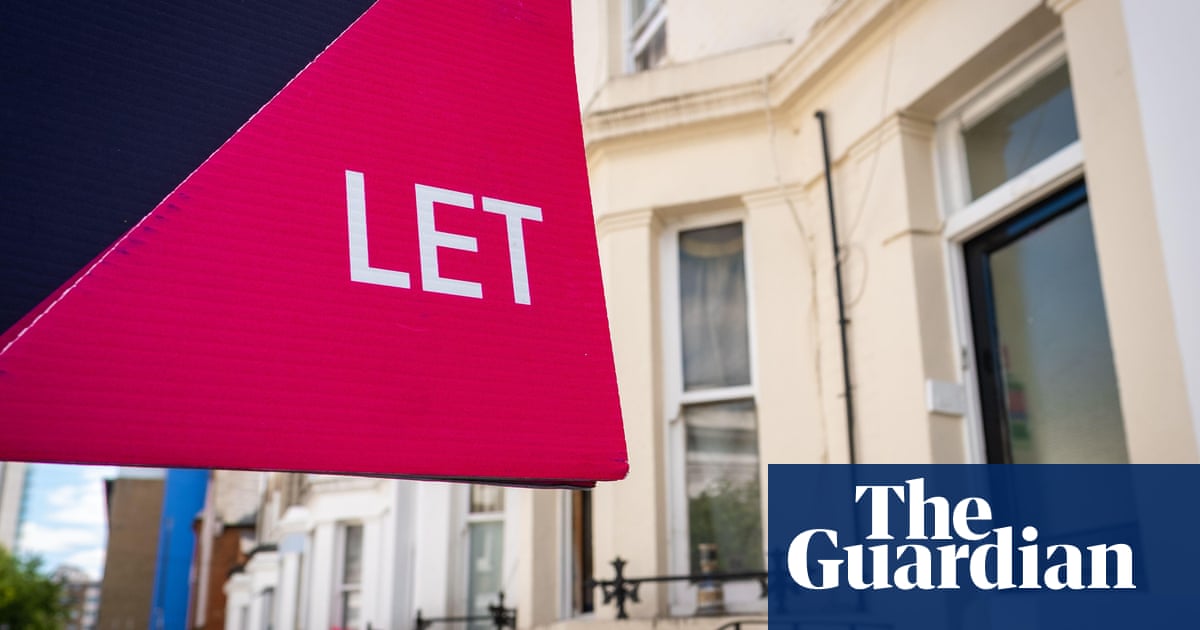
More than 200,000 private renters in England have been served eviction notices without doing anything wrong in the three years since the government first promised to ban the practice, housing campaigners have claimed.
Every seven minutes, a tenant has been landed with a no-fault eviction notice since Theresa May’s Conservative government first committed to scrap them in April 2019, according to research by Shelter, the housing charity.
Tenants have told of the shock, stress and thousands of pounds of unexpected bills caused by the practice, which means private renters can be evicted with two months’ notice and without the landlord giving a reason.
Tenants groups representing England’s 4.5m private renting households have become increasingly frustrated at ministers’ repeated failures to deliver on promises to end the practice in 2019 and 2021.
“It’s appalling that every seven minutes another private renter is slapped with a no-fault eviction notice despite the government promising to scrap these grossly unfair evictions three years ago,” said Polly Neate, the chief executive of Shelter. “It’s no wonder many renters feel forgotten. Millions of private renters are living in limbo – never truly able to settle – in case their landlord kicks them out on a whim.”
The charity polled private renters this month and asked how many had received the section 21 eviction notices. It extrapolated the responses to estimate that more than 200 renters in England are being hit by the practice a day.
The latest estimates around the impact of the practice come before next month’s Queen’s speech, which the government said on Tuesday will “set out reforms to make renting fairer for all, including by banning section 21 ‘no fault’ evictions as soon as possible”.
Karen Wake, 61, has been hit by no-fault evictions three times. The most recent notice will remove her from her East Sussex home which she rented three years ago, not only because of its open plan living area, French doors and wood burner, but because it was advertised as a “long-term let”. In March, she was given two months to move out.
“It’s a shock, I’m back into the renting circus.”
Worst of all is the feeling of having no control over her destiny, said Wake, who has been forced to spend about £1,500 on moving costs. A section 21 could arrive at any time.
“I’m in my 60s, I could be doing this for the rest of my life,” she said.
Also affected is Andrew Shaw, a 34-year-old IT worker who rented a house in Bedfordshire for three years. His children, aged one and four, had their own rooms and Shaw grew pumpkins and peas in the garden. But in October, when Shaw received a section 21 notice, “my heart stopped beating for a second”, he said. “I was really stressed. It felt like when you have a really big exam, you can feel it in your chest.”
The family found a new house but the rent costs £350 more a month.
“There’s no more savings,” he said.
A spokesperson for the Department for Levelling Up, Housing and Communities said: “Our private rented sector white paper will set out reforms to make renting fairer for all, including by banning section 21 ‘no fault’ evictions as soon as possible.
“We are also providing a £22bn package of support to help households with rising costs. This includes putting an average of £1,000 more a year into the pockets of working families via universal credit and direct support for bills.”












